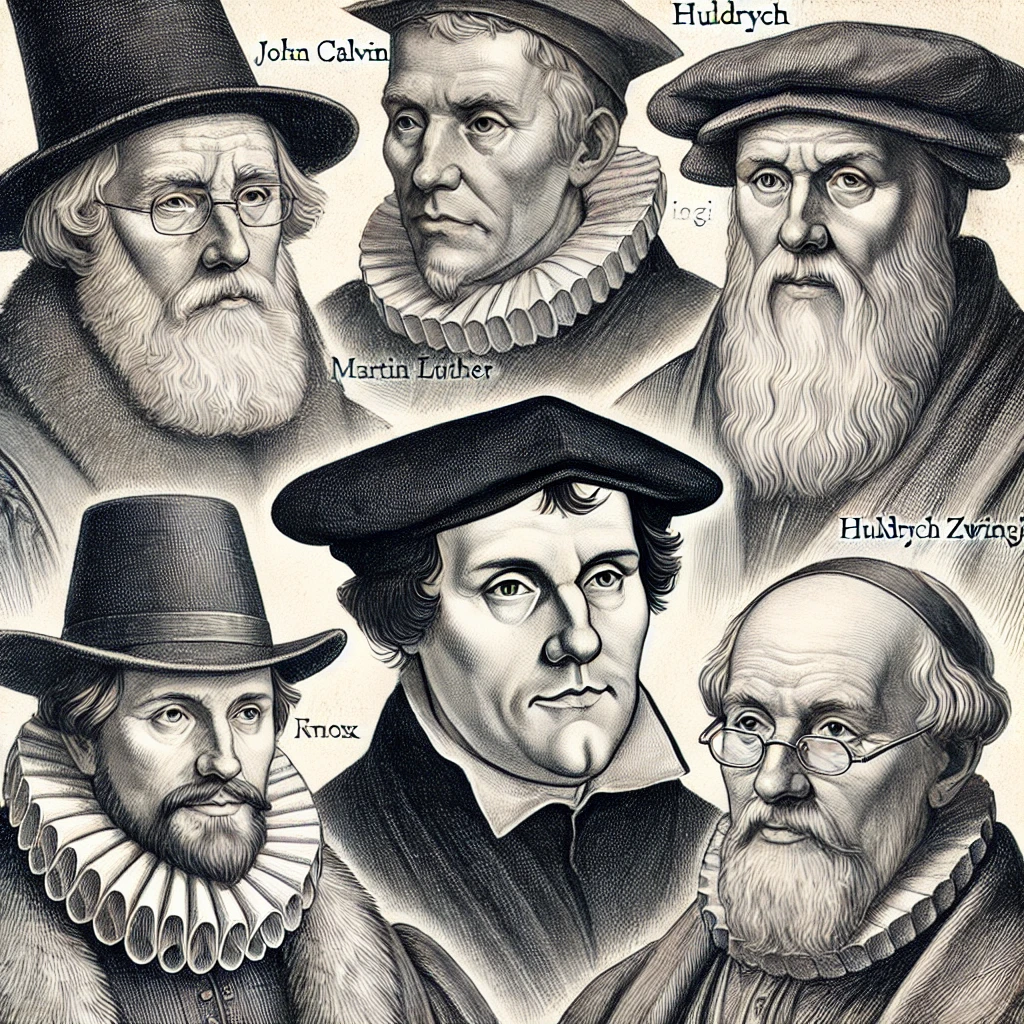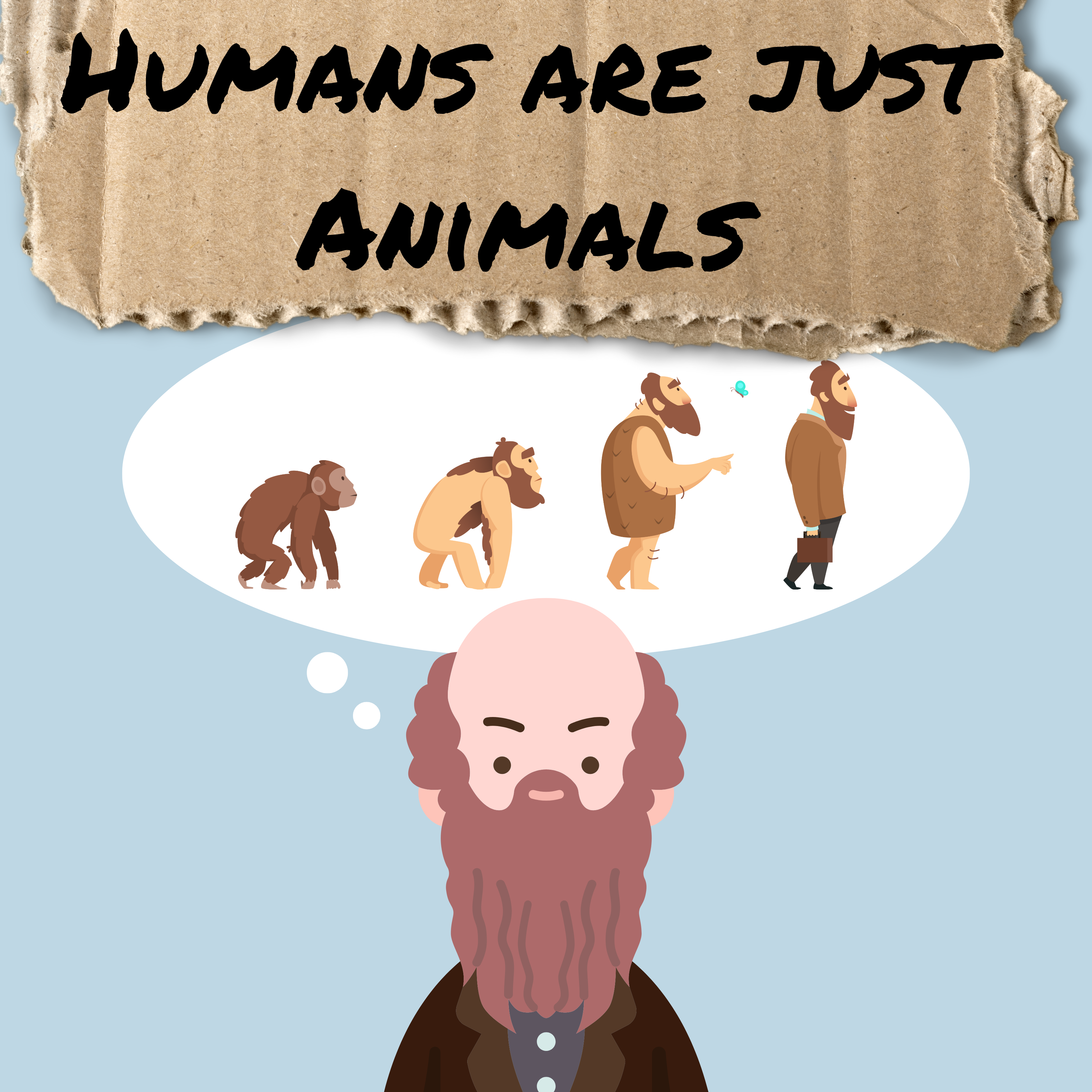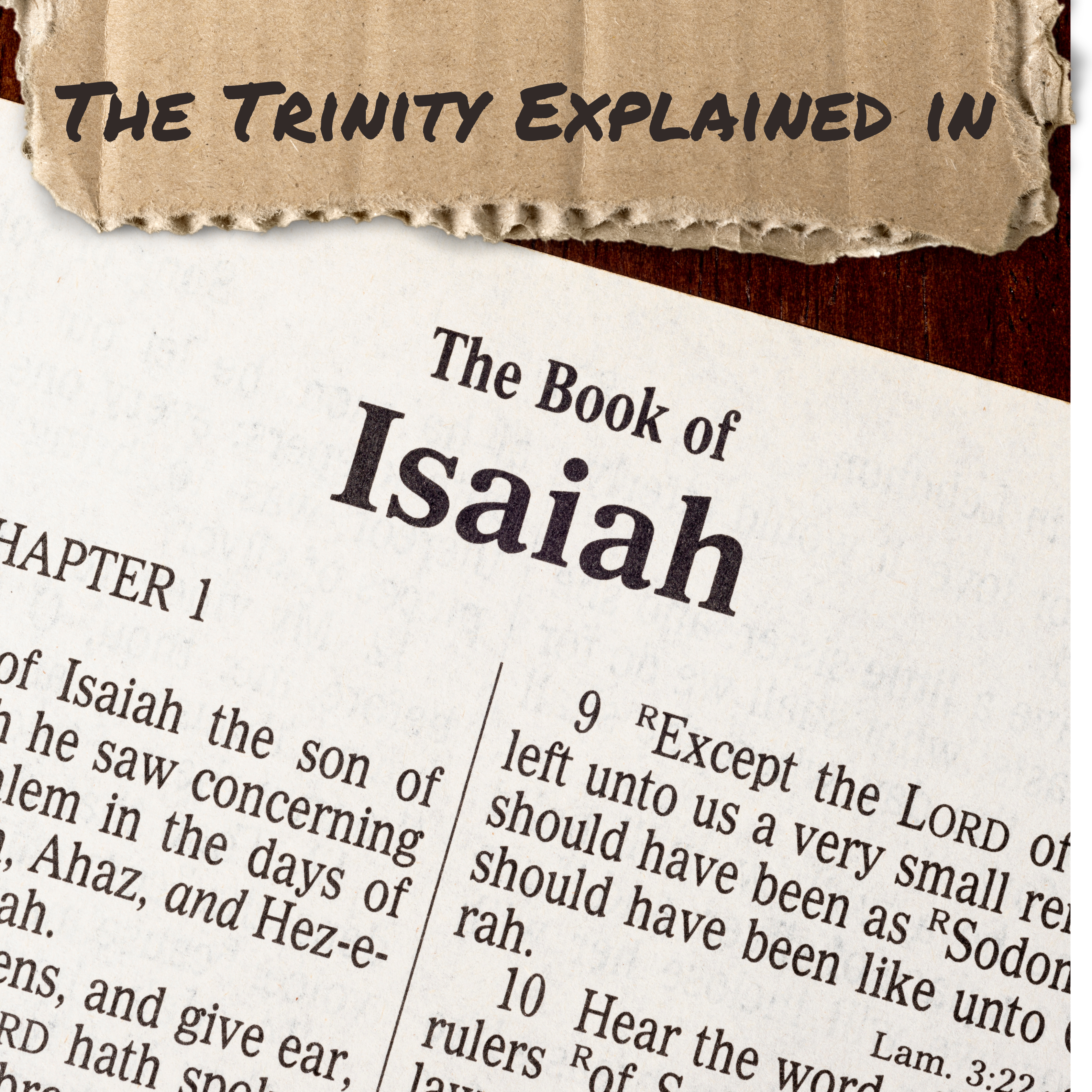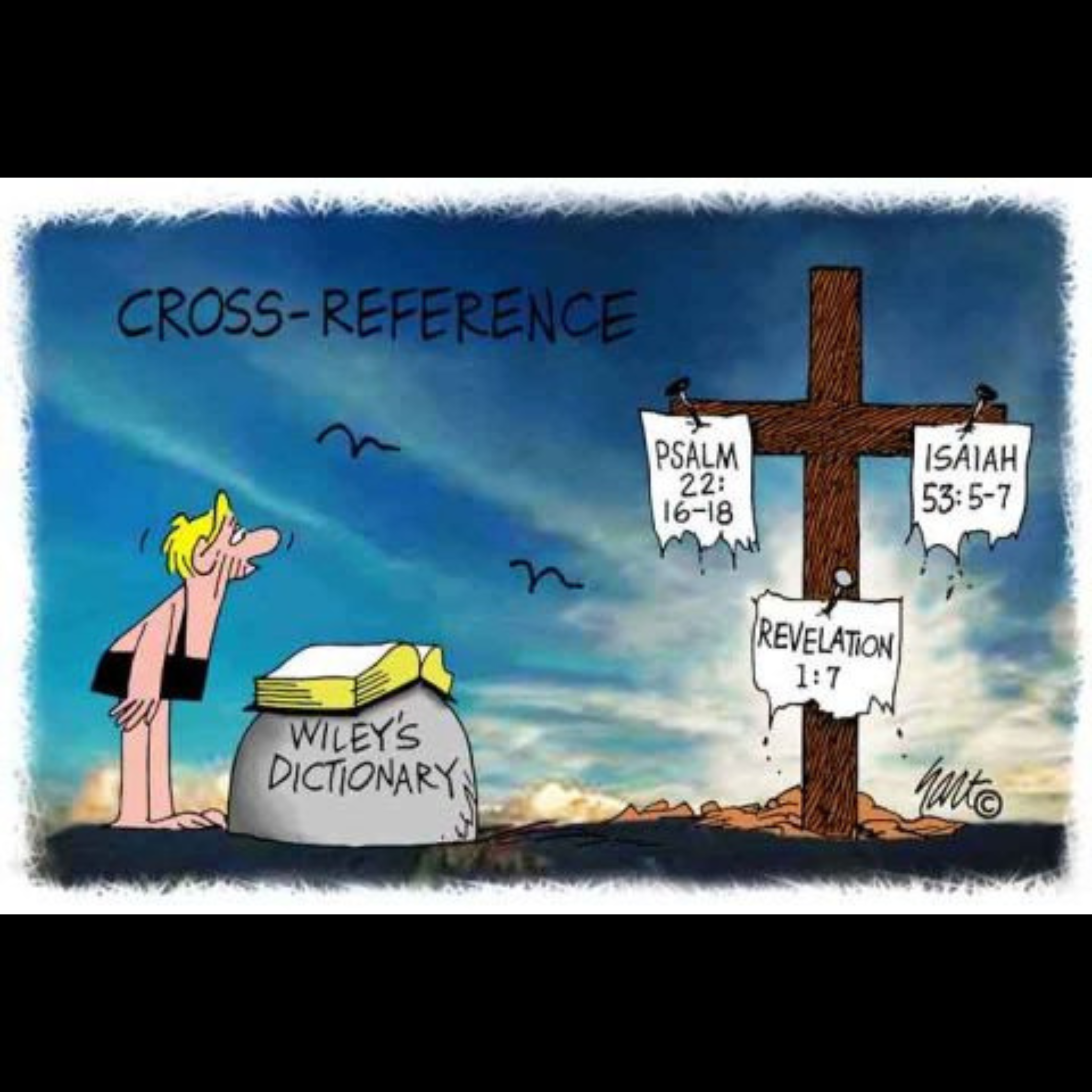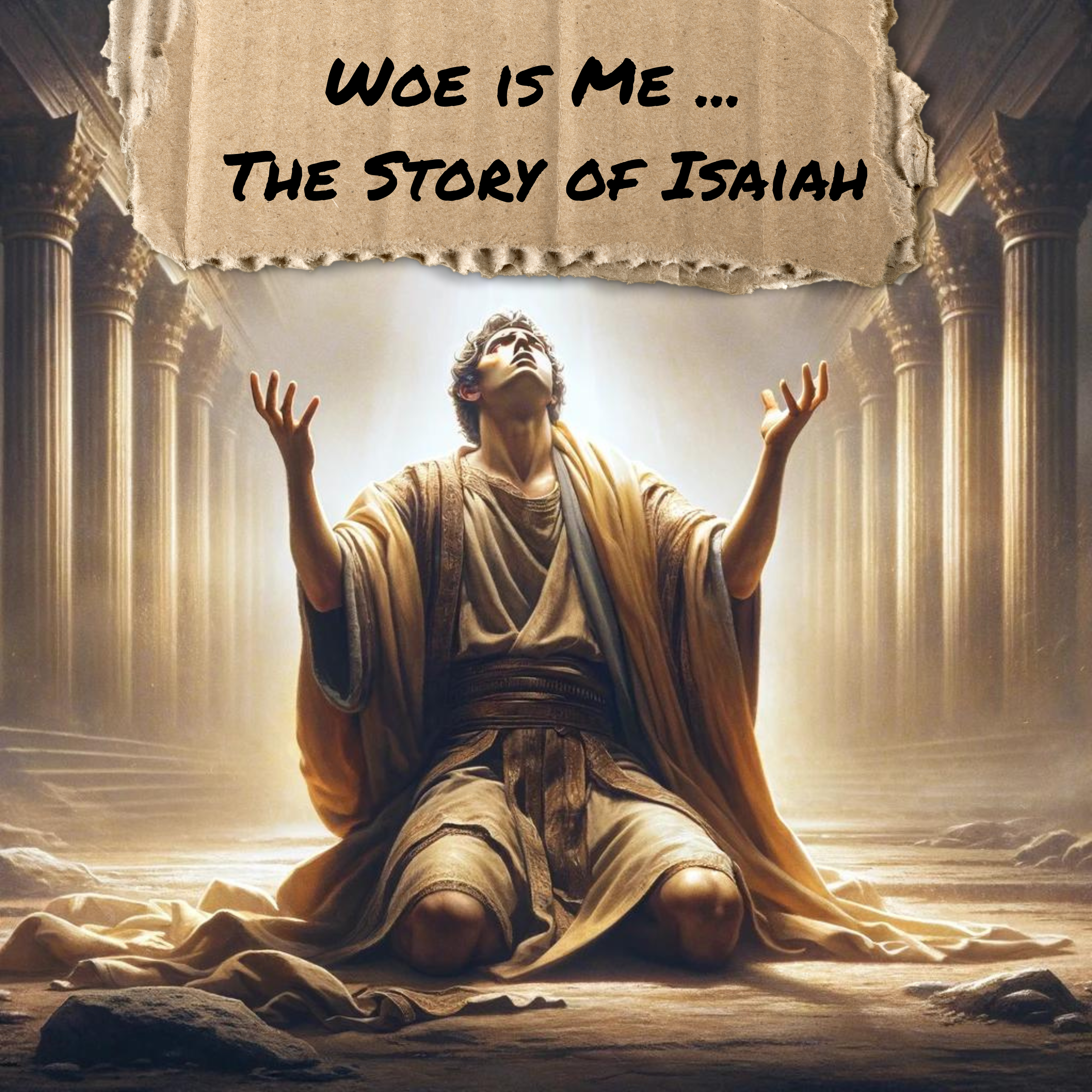Unveiling Calvinism: The Key Pillars of Reformed Theology
Calvinism, named after the influential Reformer John Calvin, is a major branch of Protestant theology that has significantly shaped Christian thought and practice since the 16th century. This theological framework, deeply rooted in the principles of the Reformation, emphasizes God’s sovereignty, the authority of Scripture, and the doctrine of predestination. This article provides a comprehensive overview of Calvinism, breaking down its key points and exploring its historical development, theological foundations, and lasting impact on the Christian faith.
Read more
